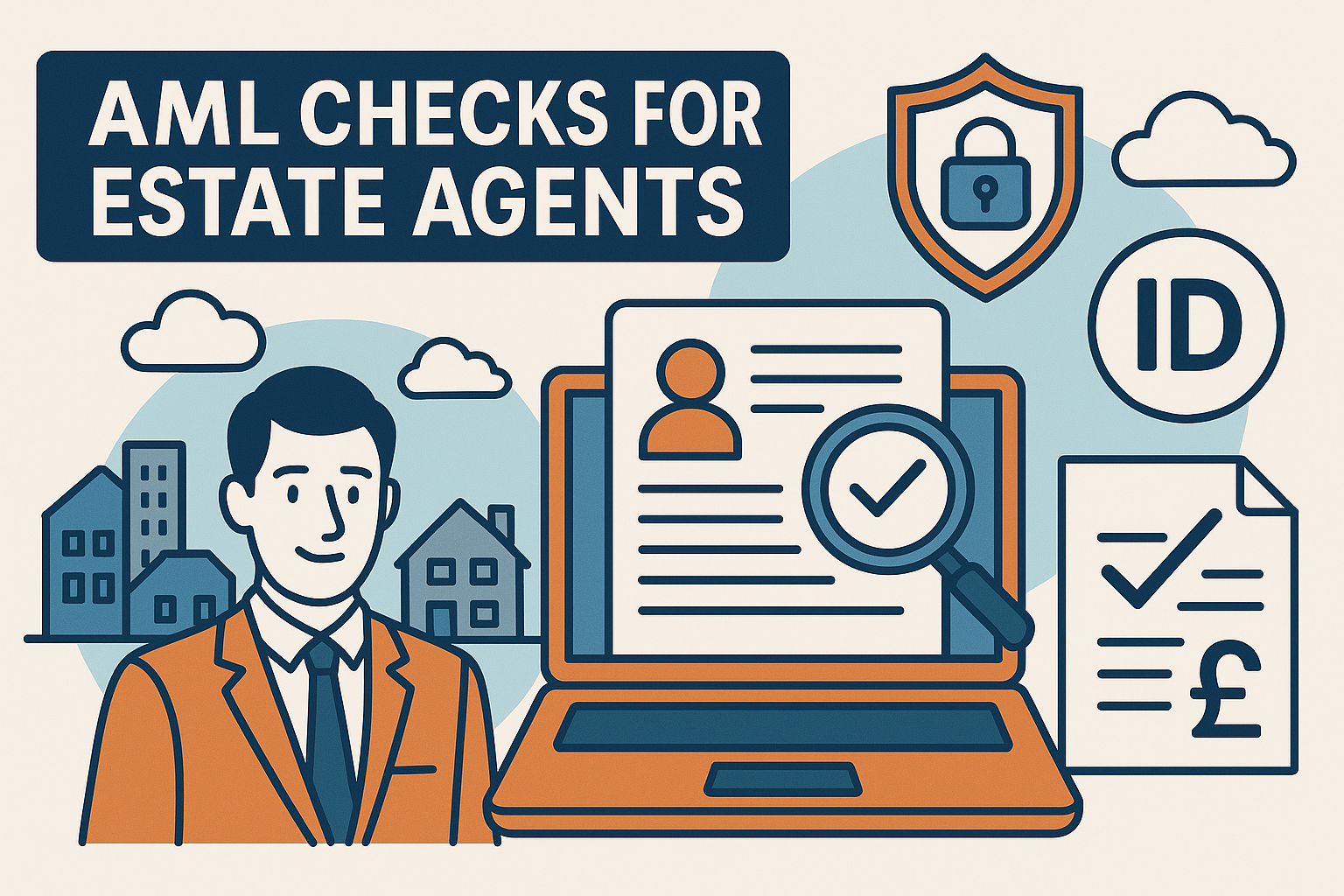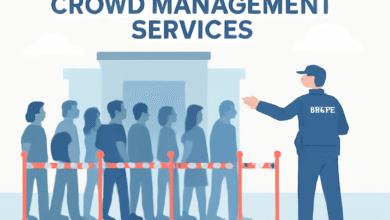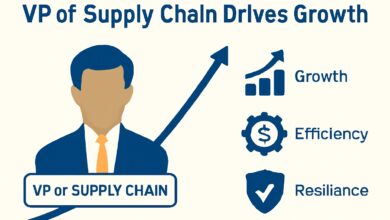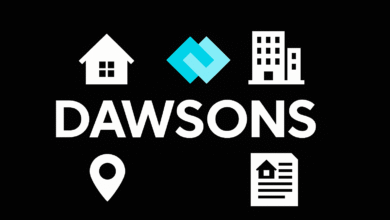AML Checks for Estate Agents: Why They Matter in Real Estate

In today’s regulated real estate environment, AML checks for estate agents are no longer optional—they’re a legal and ethical obligation. As the property market becomes a hotspot for money laundering, compliance with anti-money laundering (AML) regulations is essential to ensure safe and transparent transactions.
Whether you operate a small agency or a large property firm, understanding and implementing AML checks is critical to protect your business, your clients, and the integrity of the financial system. From verifying customer identity to using modern AML software, estate agents must take proactive steps to stay compliant and avoid penalties.
Why AML Checks Are Crucial in Real Estate
Estate agents are a prime target for criminals seeking to launder money through high-value property transactions. Real estate provides an easy channel for layering and integrating illicit funds, making it vital that agents carry out due diligence on buyers, sellers, and even tenants.
AML checks help prevent criminals from using the housing market for illegal activities such as:
- Hiding illicit wealth in property purchases
- Concealing true ownership through shell companies
- Using overseas buyers to move funds across borders
- Creating fake rental agreements to validate income
To combat this, many countries, including the UK and EU member states, have enforced strict AML regulations for estate agents. Failing to follow these regulations can lead to heavy fines, reputational damage, or even loss of your license.
What Are AML Checks for Estate Agents?
AML checks for estate agents refer to the procedures required to confirm a client’s identity, assess the risk level of a transaction, and report suspicious activity. These checks form part of the broader AML framework and usually include:
1. Customer Due Diligence (CDD)
This involves verifying the identity of clients before entering into a business relationship. Agents must obtain original documents such as passports, utility bills, and bank statements, or use AML checks online through digital identity verification services.
2. Risk Assessment
Agents are required to assess the risk level of each transaction based on factors like the client’s background, the nature of the property, and the payment method. High-risk clients, such as politically exposed persons (PEPs) or offshore buyers, may require Enhanced Due Diligence (EDD).
3. Ongoing Monitoring
AML doesn’t stop once the deal is signed. Estate agents must remain vigilant during the entire business relationship, especially in longer processes like tenancy management or staged payments.
4. Suspicious Activity Reporting (SAR)
If an agent detects unusual behavior or unexplained funds, they are legally obliged to file a Suspicious Activity Report with the relevant authorities.
Using AML Software in the Property Sector
Traditional manual checks are time-consuming, error-prone, and inconsistent. This is why estate agents are increasingly turning to AML software solutions to automate the process. These tools allow for:
- Real-time ID verification using biometrics and official databases
- Automated screening against secondary sanctions, watchlists, and PEP databases
- Secure storage and management of AML data for audit purposes
- Instant alerts on suspicious or high-risk transactions
Using AML checks online not only speeds up onboarding but also ensures compliance with ever-evolving regulations. Many AML software platforms integrate with customer management systems (CRMs) for seamless workflows.
Benefits of Implementing a Strong AML Solution
Estate agencies that invest in reliable AML solutions experience numerous benefits:
- Compliance assurance: Automated systems help ensure you’re always compliant with the latest laws.
- Risk mitigation: You reduce the chances of dealing with high-risk clients or facing regulatory scrutiny.
- Customer trust: Clients appreciate agencies that prioritize safety and transparency.
- Operational efficiency: Digital tools save time and reduce manual workload for your team.
Common Challenges in AML for Estate Agents
While the importance of AML is well-recognized, estate agents still face several challenges:
- Lack of awareness: Smaller firms may not be fully aware of their AML obligations.
- Resource limitations: Not all agencies can afford full-time compliance officers or high-end tools.
- Data management: Collecting and securely storing AML data while respecting GDPR can be complex.
- Constant regulation changes: AML laws often update, and keeping up requires time and training.
Overcoming these challenges requires a mix of staff training, strategic technology investment, and consistent monitoring of compliance updates from industry regulators.
Best Practices for AML Checks in Real Estate
To ensure your AML compliance process is solid, here are some best practices:
- Train your staff regularly on AML obligations and red flags
- Use verified AML software to automate ID verification and PEP screening
- Keep accurate records of all AML checks and client interactions
- Update policies periodically based on new laws or industry risks
- Perform internal audits to review your AML process effectiveness
Final Thoughts
In an era where property is frequently used to launder dirty money, estate agents must play their part in fighting financial crime. Conducting effective AML checks for estate agents isn’t just about avoiding penalties—it’s about maintaining the integrity of the real estate industry.
By adopting robust AML software, embracing AML checks online, and securely handling AML data, agencies can create a compliant, efficient, and trustworthy client experience. The right AML solution doesn’t just meet regulations—it builds reputation.
As regulations tighten globally, AML compliance will only become more central to how estate agents operate. The sooner you build a reliable AML framework, the better positioned your agency will be for long-term success.



